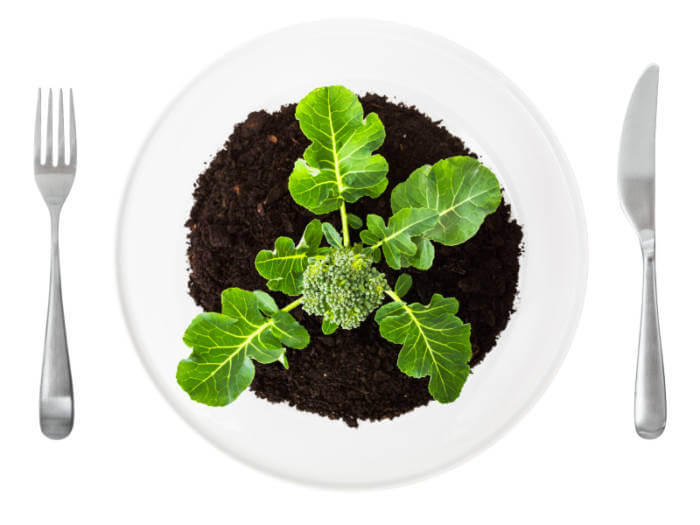What is your microbiome, and why does it matter?

Erin Stokes, Naturopathic Doctor, MegaFood Medical Director | December 2018
The over 100 trillion microorganisms that inhabit our skin, nose, mouth, gut, and more, play a vital role in maintaining our health.* Collectively, we call this community our microbiome. Individually, we refer to the beneficial microbial inhabitants as probiotics.
"We have a symbiotic relationship with these microbes: We provide them a home and in return, they help us out by extracting and synthesizing vitamins and other nutrients from our food; regulating digestion, metabolism, and elimination; fine-tuning the immune system." - Tieraona Low Dog, M.D., Fortify Your Life
In addition to aiding in the digestion of food and nutrient assimilation, the probiotics, or “good bacteria” within our microbiome are indeed our biggest defense against illness. As over 70% of our immune response resides within our gut,*Footnote 1 it’s no surprise our bodies take notice when things are off-balance.
The good news is that we have the power to shift our microbiome in many ways, from the foods that we choose to eat each day, to the supplemental probiotics we can take. Over time, we can influence the unique microbial fingerprint that is our microbiome and support our optimal health.*
Food: The microbiome maker or breaker

Foods containing live bacteria like yogurt, kombucha and kimchi, are important to restoring probiotics. Yet we also need to consider how our food was grown, and what it may have been exposed to before it reached our plate. Just as food can positively influence digestive health, it can also compromise it.
Here’s an example: Glyphosate, the number-one herbicide used in the United States in conventional farming,Footnote 2 has strong ties to gut-health disruption, in addition to being considered a “possible carcinogen” by the WHO. Avoiding glyphosate in the diet can go a long way to ensure a happy gut.* We believe you shouldn’t have to worry about herbicides lurking in your supplements, thus our entire line of products is tested for over 125 different herbicides and pesticides to assure that none of them are present. Because glyphosate is a mounting concern, we took the extra step to ensure every product we craft is certified Glyphosate Residue Free by the Detox Project, a third party certification body.

The choice comes down to you
In addition to diet, supplementation with probiotics can be a great way to support optimal digestive health and restore beneficial gut bacteria.* As with any supplement, there is no one-size-fits all solution when it comes to probiotics. That’s why we offer a range of formulas to meet a variety of needs.
Now that you’re ready to select your probiotic, how do you know which one is right for you? Our simple chart will help you choose.
Still exploring the world of digestive health? Continue your journey towards a happy gut.
1 Vighi, G et al. “Allergy and the gastrointestinal system.” Clinical and experimental immunology vol. 153 Suppl 1,Suppl 1 (2008): 3-6. doi:10.1111/j.1365-2249.2008.03713.x, www.ncbi.nlm.nih.gov/pmc/articles/PMC2515351/ 2 Newsweek, 2/2/2016, Glyphosate Now the Most-Used Agricultural Chemical Ever


Leave a comment
This site is protected by hCaptcha and the hCaptcha Privacy Policy and Terms of Service apply.